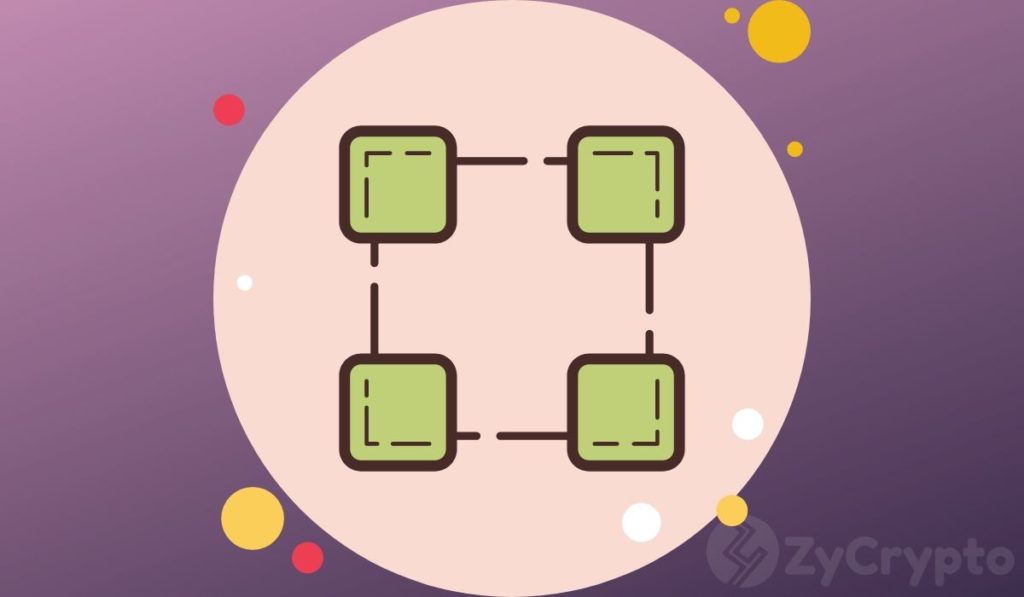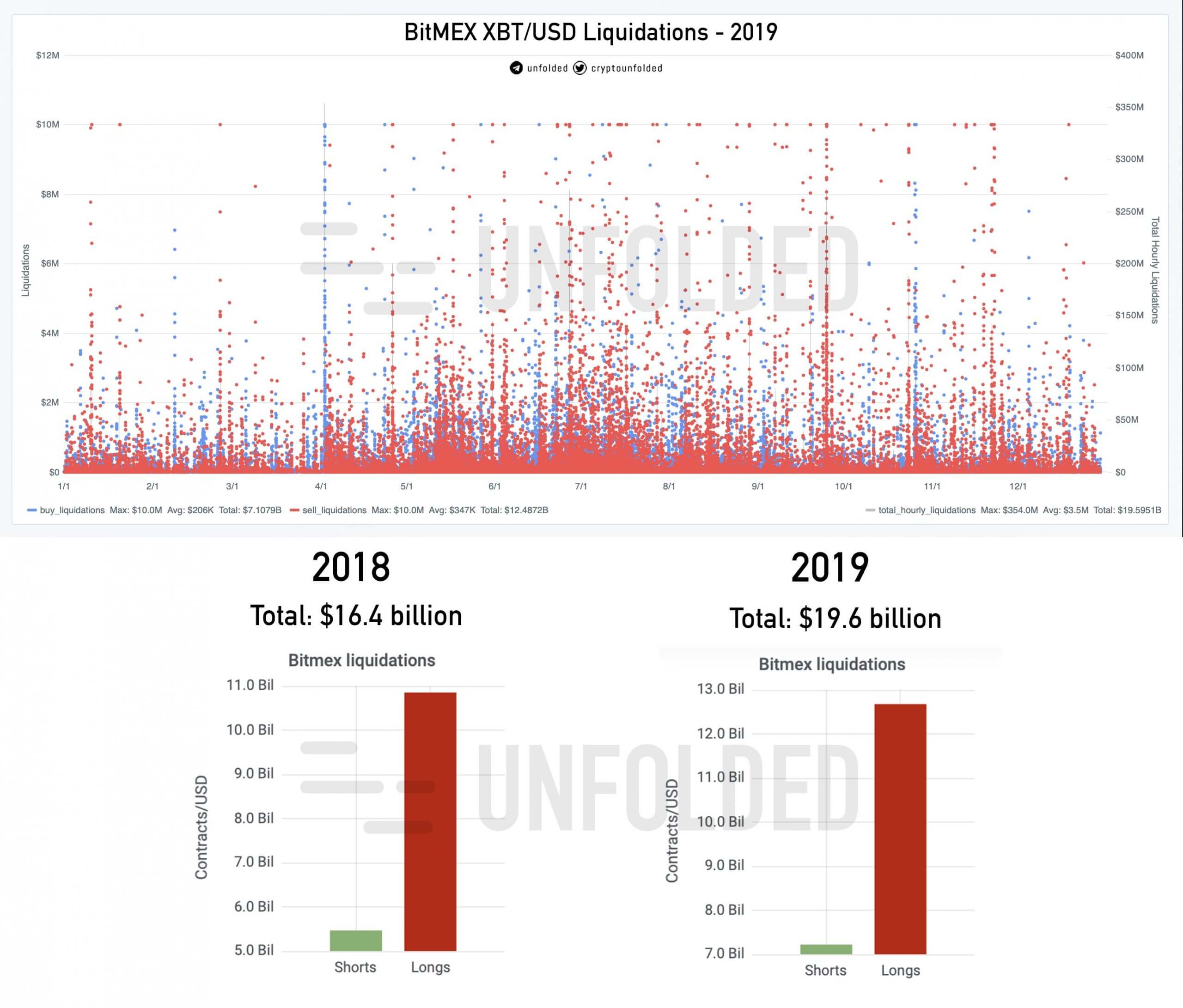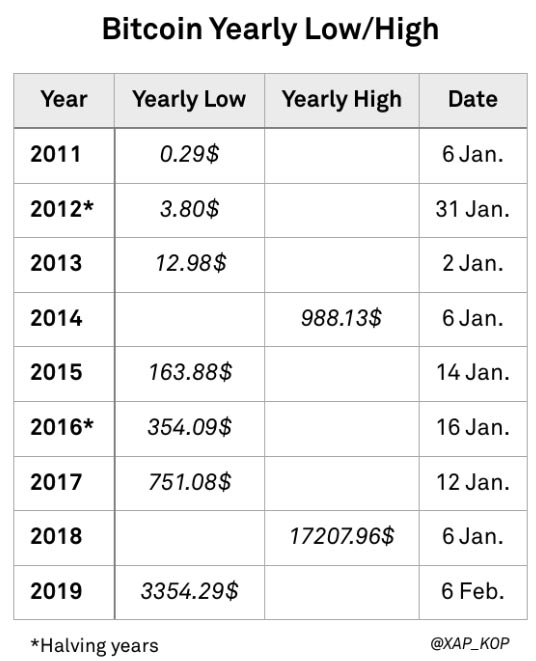2021-1-7 09:28 |
2020 was a massive year for blockchain adoption, with some of the largest financial institutions worldwide buying or integrating cryptocurrencies into their business model. It was also a historic year for decentralized finance (DeFi) which has grown from less than $1 billion in total value locked at the beginning of January 2020 to almost $15 billion. As this technology continues to mature, more and more global organizations are beginning to understand the impact blockchain tech can have on increasing usability, transparency, and affordability of their platforms.
TransferWise, an online money transfer service based out of London, may not have integrated blockchain into its platform yet, but that doesn’t mean the company founders aren’t interested in the technology. Valued at over $5 billion and with over 2,000 employees, the founders of TransferWise have a deep understanding of what it takes for a platform to be successful in international remittance. TransferWise was co-founded by Taavet Hinrikus, a World Economic Forum Tech Pioneer and adviser to the Prime Minister of Estonia’s digital agenda, one of the most accepting countries of blockchain tech in the world. Before starting TransferWise, Hinrikus started as Skype’s first full-time employee as the Director of Strategy. For someone so successful in the finance and remittance world, a blockchain project would need to provide real, underlying value to consumers for Hinrikus to consider an investment.
Hinrikus has investments across a variety of high tech sectors, such as ride-sharing and femtech, but also has select investments in the blockchain space. One of Hinrikus’ investments is in Radix, a public, decentralized ledger designed to facilitate the creation and execution of decentralized applications. On the Radix platform, developers and users can experience lightning fast interactions and transactions without having to sacrifice decentralization or security. With the demonstrated ability to handle 1.4 million transactions per second, Radix can lay a claim to being the most efficient decentralized ledger platform for DeFi applications.
How Radix Improves DeFiDeFi has been catapulted into the mainstream this year, with decentralized exchanges like Uniswap generating some of the highest transaction fees of any blockchain platform. Decentralized finance offers an array of financial services that previously had to be regulated and run by a third party, such as exchanging financial assets, insurance, loans, and borrowing. Offering immediate transactions and services to anyone who requires them, decentralized applications have started to revolutionize the financial industry, taking power away from third parties that have traditionally acted as gatekeepers.
Although the concept and fundamentals of decentralized finance are strong, there are still many bottlenecks that are holding it back from broader adoption. Some of these factors include the high transaction fees and slow transaction speeds. Radix has built a platform that it believes will fully negate these aspects that are holding back DeFi usability. As someone who invests in potentially revolutionary technology that can fundamentally change how an industry operates, Hinrikus’ interest in the Radix platform comes as no surprise. His experience as an advisor to Estonia’s digital agenda highlights his knowledge of blockchain technology, and for Hinrikus, the Radix platform is one way he can see these applications come to fruition.
DeFi Without the DrawbacksSome of the most talked-about “Ethereum killers” cannot compete with Radix when it comes to long term scalability and throughput. Even platforms with multi-billion dollar valuations are compelled to make trade-offs when they focus on increasing scalability while trying to maintain decentralization. Radix has created a platform that can effectively scale, remain decentralized, and drastically decrease transaction fees, factors that compelled one of the most successful tech entrepreneurs in the world to invest in the project.
Many others are starting to see the writing on the wall: that these decentralized platforms have the ability to completely change how the financial industry operates on a fundamental level. For decentralized applications to reach their full potential and offer users a viable alternative to the current infrastructure, DeFi needs to be able to provide the same speed and usability while remaining independent from third party control.
When compared to other decentralized application platforms like Cosmos and Polkadot, which are aiming for 4,000 and 3,000 transactions per second respectively, Radix blows these “rookie numbers” out of the water. Taavet Hinrikus understands this, and as Radix evolves, the shrewdness of his investment will come into sharp focus.
Image by Pete Linforth from Pixabay origin »Bitcoin price in Telegram @btc_price_every_hour
New Year Bull (NYB) на Currencies.ru
|
|















